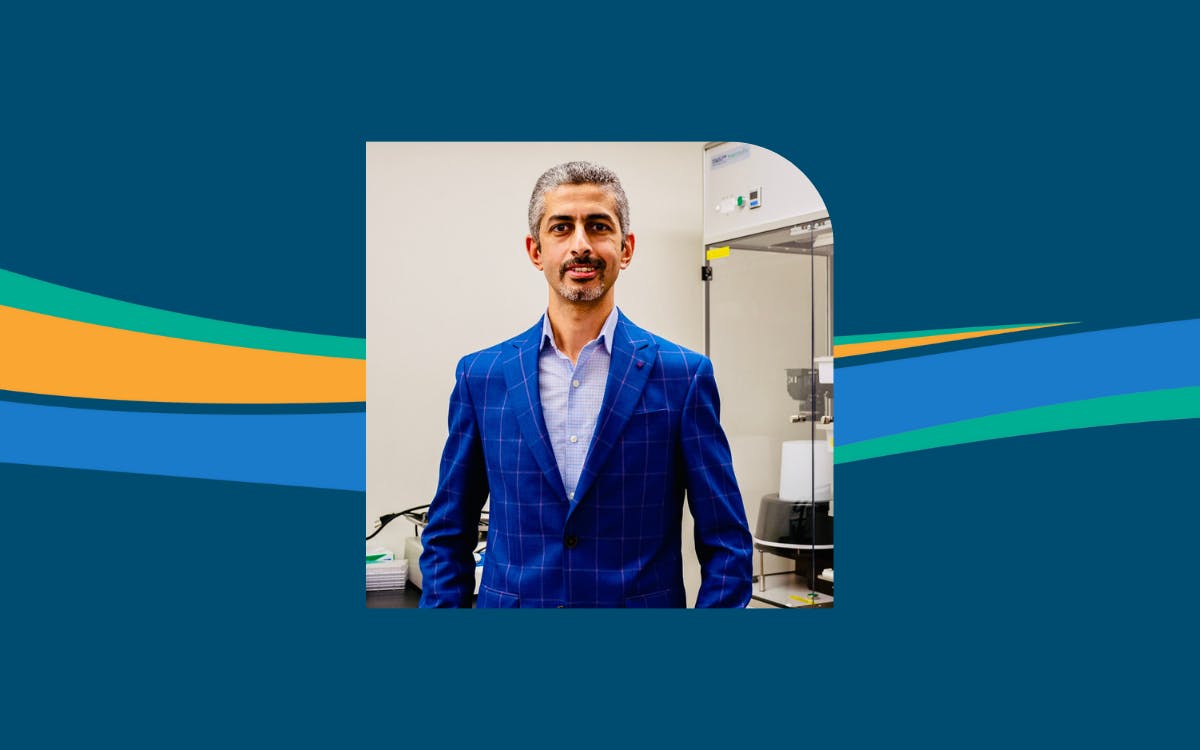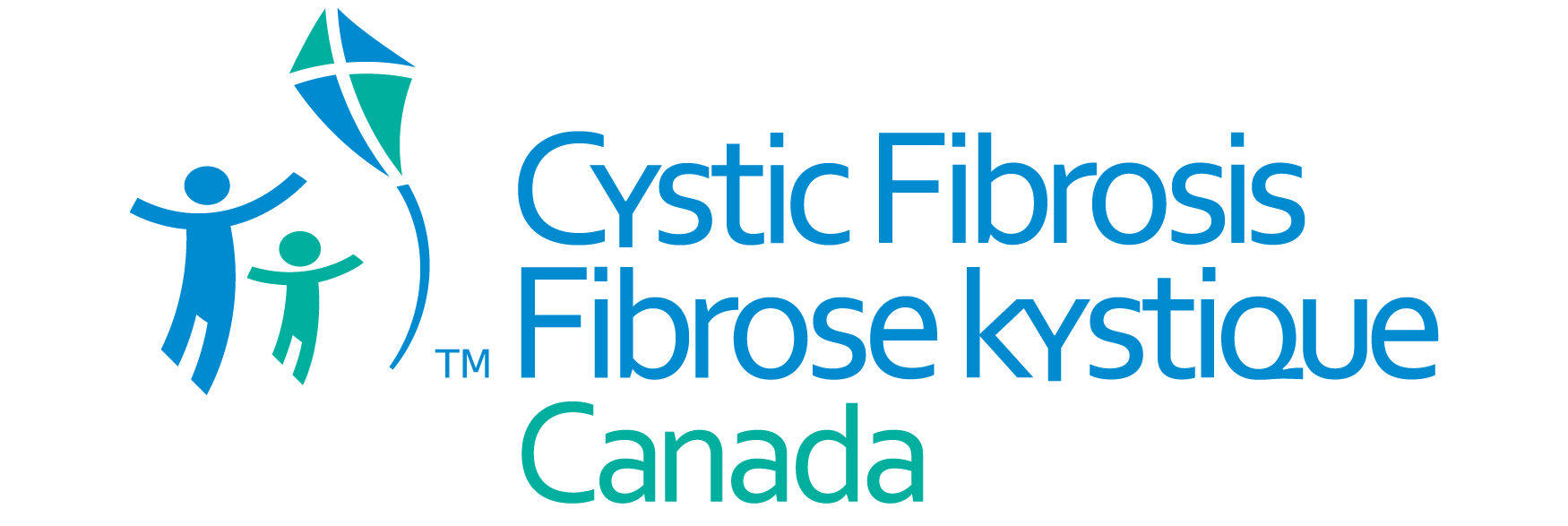Unmasking Resistance: Dr. Omar El-Halfawy's Pioneering Approach to Antibiotic Resistance in CF
February 10, 2025Share this:

Antibiotic resistance occurs when bacteria adapt to medications, making them harder to treat. This poses a significant challenge for people with cystic fibrosis (CF), who often deal with persistent lung infections. Dr. Omar El-Halfawy’s research, funded by Cystic Fibrosis Canada, is working to address this gap by improving how we test and treat these stubborn infections.
In standard lab settings, antibiotics are tested in basic broth media, which Dr. El-Halfawy compares to a “Happy Meal” for bacteria—simple and far from the complex CF lung environment. “Microbial metabolism shifts in CF patients' unique conditions, which standard lab tests don’t replicate,” he notes. By better simulating the CF environment, the research studies how bacteria respond to antibiotics at a genetic level, helping identify new treatment targets and improving the effectiveness of current antibiotics.
Traditional lab tests fall short because they don’t fully replicate the complex CF lung environment, making it difficult to identify effective treatments. “The problem with traditional lab methods is that they often fail to accurately simulate the CF lung environment,” explains Dr. El-Halfawy. “Antibiotics recommended from these tests work in only half of the patients with lung infections.” To solve this, his team is using lab conditions that closely mimic the environment of CF sputum—a thick, sticky mucus coughed up from the lungs—to improve testing accuracy. “Using these more representative conditions, we can better test how bacteria respond to antibiotics,” he says. This allows for a more precise evaluation of bacterial resistance, crucial for improving treatment outcomes.
Previous studies done on antibiotic resistance have found that bacteria may exhibit different resistance mechanisms in CF conditions compared to standard lab environments. “Some resistance mechanisms are overexpressed or entirely new under CF-like conditions, which could be missed in standard tests,” Dr. El-Halfawy reveals. This new understanding is critical for developing more effective therapies and optimizing existing antibiotics.
Dr. Omar El-Halfawy, Canada Research Chair in Chemogenomics and Antimicrobial Research and Assistant Professor of Biochemistry at the University of Regina, dedicates his career to combating antibiotic resistance. Now, with new support from Cystic Fibrosis Canada, he is poised to take the next critical step. His recently funded project, "Uncovering Cryptic Antibiotic Resistance Mechanisms and New Antimicrobials for Chronic CF Infections," will focus on the analysis of large data sets to identify hidden resistance mechanisms and discover new antimicrobials that could better address the stubborn Pseudomonas aeruginosa infections so common in CF patients.
Dr. El-Halfawy’s team begins with a “clearly defined set of hypotheses” based on observations, such as unexpected antibiotic resistance under CF-like conditions. They design experiments to test these hypotheses and categorize findings. For example, if an antibiotic shows resistance in CF conditions but not in standard tests, it indicates potential “therapeutic failure” if the resistance isn’t detected.
Quorum sensing, a form of bacterial communication using chemical signals, also influences antibiotic resistance. “Bacteria use chemical signals as language to interact with one another,” Dr. El-Halfawy explains. His research explores how quorum sensing and other chemical signals impact antibiotic resistance in CF sputum conditions, offering new insights into combating bacterial infections in CF.
Dr. El-Halfawy’s work fills a critical gap in antibiotic development: staying ahead of antibiotic resistance. “We aim to be one or two steps ahead by constantly targeting new solutions,” he says. His research advances our understanding of antibiotic resistance and contributes to developing better treatments for CF patients.
Reflecting on the progress in cystic fibrosis research, Dr. El-Halfawy emphasizes the importance of community support. "The CF community has come together to address patient needs. The support from donors has led to tremendous advances in outcomes and quality of life for CF patients,” he shares. “Our research, supported by Cystic Fibrosis Canada, aims to develop better solutions for chronic CF infections, improving therapeutic outcomes and quality of life. This progress is only possible through continued community support."
